What We Do With the Hurt: A Philosophy of Repair
Rupture and repair are not opposite ends of a spectrum. They are part of the same relational rhythm. To rupture is to be human. To repair is to be human with courage.
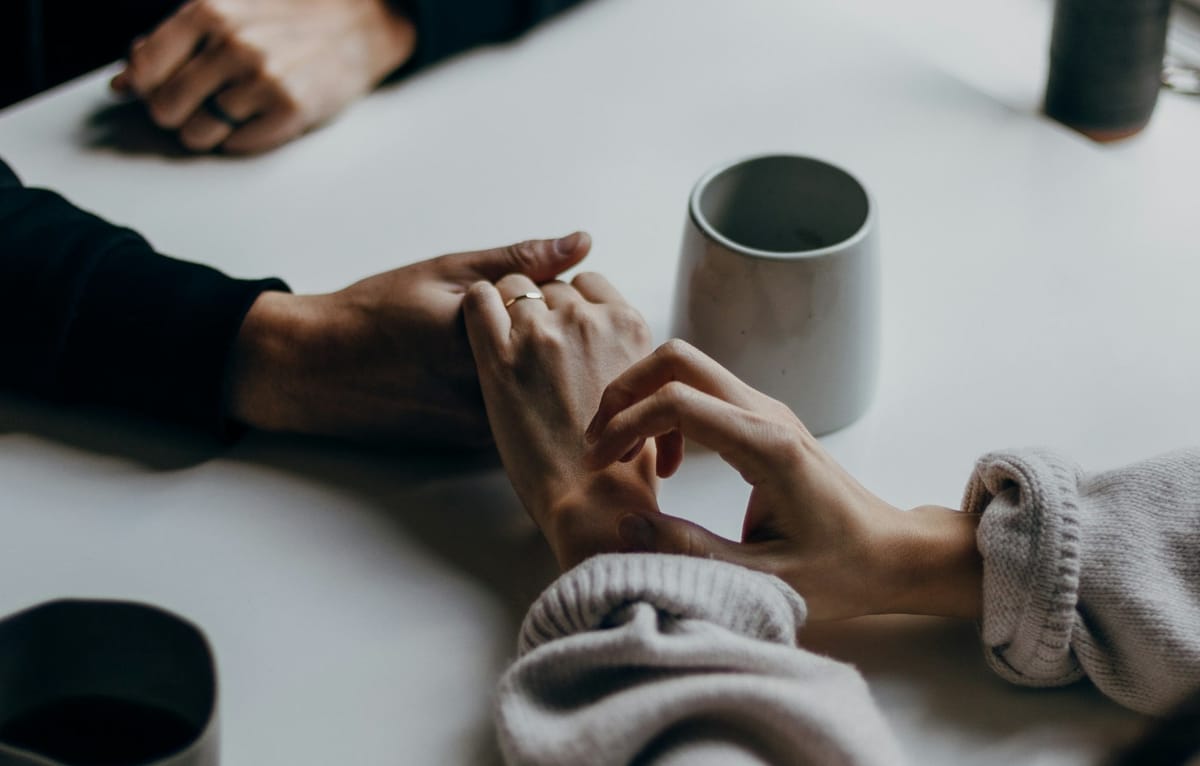
Recently, I have found myself in that inevitable moment in some of my connections where the honeymoon phase is a thing of the past. Now, we begin the real work. The times when we inevitably hurt one other. The times when we talk past each other. The times when what’s needed isn’t resolution, but the willingness to listen to understand.
This is all a natural part of being in relationship. But, in the moment, rupture can feel threatening, even devastating. It seems to be a paradox: we can love someone deeply and still feel pain in their presence. This tension is part of the fundamental condition of being human. We try to see ourselves in the other, but eventually realize that we will never be fully reflected back. In those moments, we have the opportunity to greet the other as they are instead of as we imagined them, especially in the spaces where difference shows up as disappointment, friction, or heartbreak.
Philosophically speaking, what happens to the self when we rupture? And equally importantly, what happens when we repair?
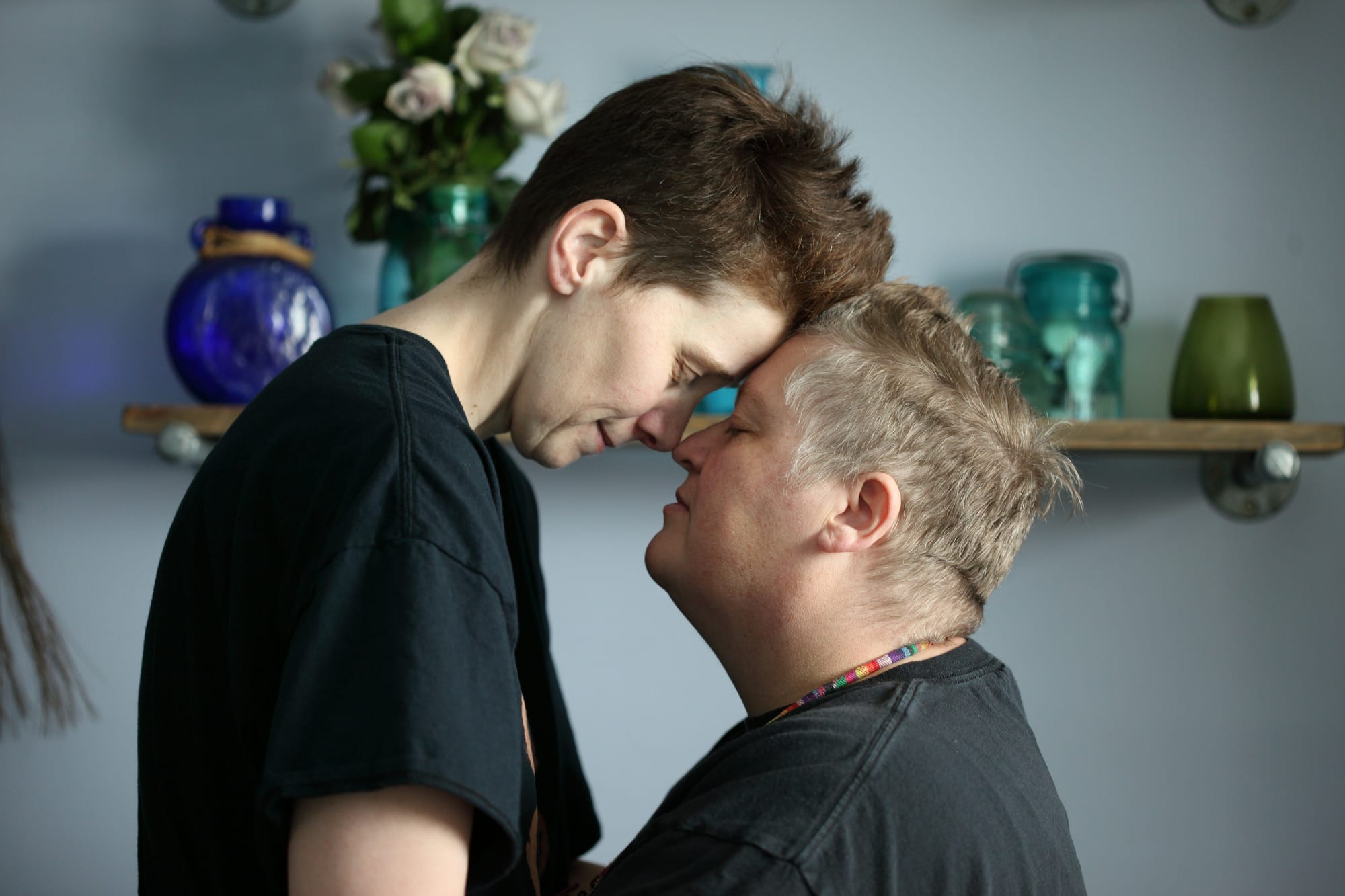
Why Rupture Feels So Jarring
We're going to get a little theoretical here. First, let's examine what happens to the sense of self during a period of rupture in relationship.
Judith Butler writes that the self is never formed in isolation. We come into being through relationship and our attachments. The Other precedes us, shapes us, destabilizes and defines us. We are, in Butler's words, “undone by each other.” Rupture is not a breakdown of relationship so much as a confrontation with the limits of identification. In these moments, we are forced to reckon with difference, with untranslatability, with the fact that the other is not, and never was, an extension of the self.
Heavy, I know. Rupture can be tender, even if it feels violent. It’s the moment when the fantasy of perfect mutual understanding collapses. This is the philosophical ache of interdependence: we love through projection, but must live with the reality that no one person can actually contain our needs.
And so, rupture reveals not only the other’s foreignness, but our own. We become strangers to ourselves in conflict. Words slip out that we didn’t mean, silences last longer than we intended. We reach for closeness and find ourselves exiled from it. The pain is not just about the argument — it’s about the sense of self that suddenly feels shaky, scattered, undone.
The Tender Process of Repair
Repair asks us to hold that undoing with care. We must acknowledge that we can never fully know each other, but we can still see each other. Not despite our differences, but within them.
To witness someone in their truth requires patience. It means honoring the full complexity of their interior world, even when it doesn’t align with ours. And it means allowing ourselves to be witnessed too, even if we don’t have the words yet to explain what we feel.
When I shut down in moments of repair, it’s not always resistance. Sometimes, it’s my body trying to communicate an unfiltered truth. One I don’t yet understand. And I’m learning that this, too, can be part of care, by not rushing the story. It's okay to let the nervous system catch up and take the time to metabolize the rupture so that repair can happen from a place of truth, not performance.
Relational safety doesn’t require perfection. It requires presence. It’s found in the small moments: a softening of the voice, a sentence that starts with I want to understand, and a willingness to stay close even when closeness feels awkward.
Repair is not about erasing the rupture. It’s about building something sturdier in its wake. A relationship that includes the pain, holds the difference, and still chooses to honor the Other.
When care is present on both sides, what a privilege it is to witness someone in their full truth and to be seen in our own.
What Are Rupture and Repair Anyway...
Rupture and repair are not opposite ends of a spectrum. They are part of the same relational rhythm. To rupture is to be human. To repair is to be human with courage.
When we stop fearing rupture, we start building relationships that can hold more difference, more truth, and more life.
And with it, maybe we will discover something even deeper than harmony: the kinds of connections that can stretch, strain, and still survive.
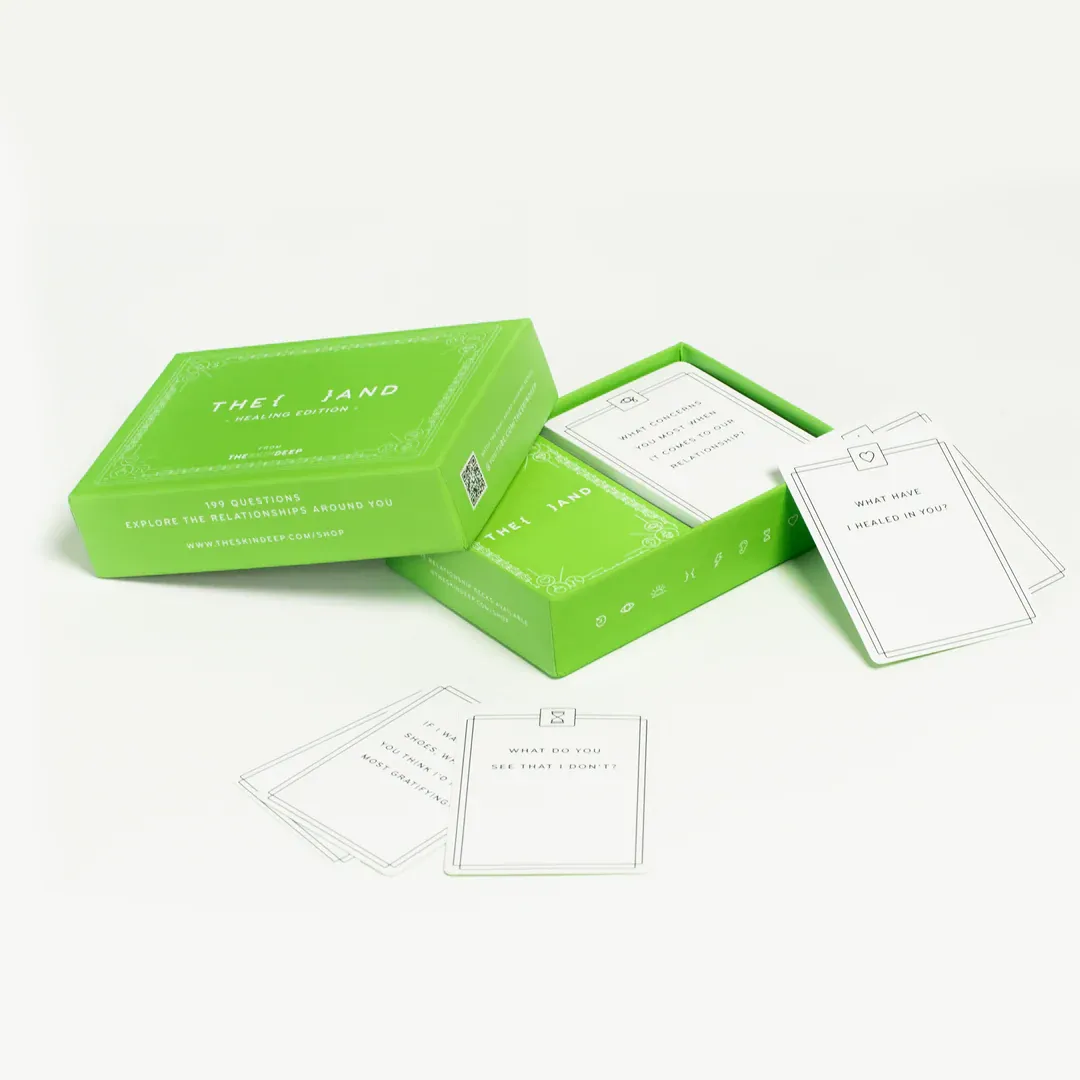
Let’s Practice It
Want to explore conversations that build resilience, trust, and depth? The Skin Deep’s {THE AND} card decks are a beautiful way to practice emotional presence and grow closer through dialogue. Take a look at the healing edition; it's one of my favorites. These questions are perfect for gently exploring the landscape of rupture and repair in any relationship.
Find me at aubreyaust.com to work with me and for more reflections on relational repair, psychological safety, and how we come back to each other, again and again. Also, follow me on Instagram @Aubrey__Aust for bite-sized quips about human connection, and check out my podcast Hint of Trauma for a deeper dive on relationships and selfhood.

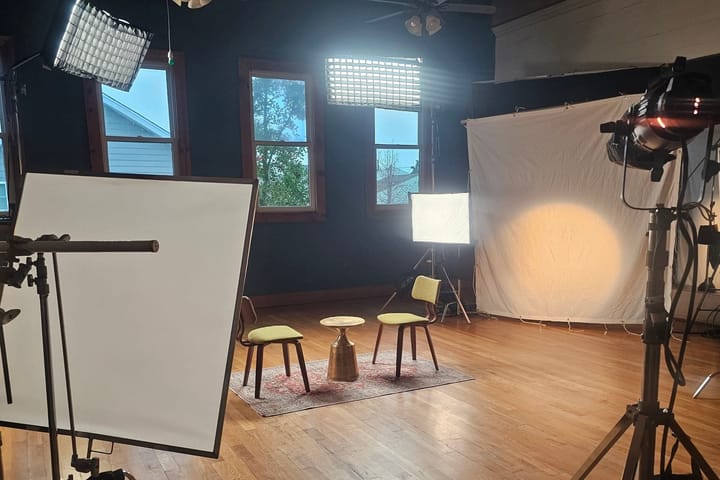
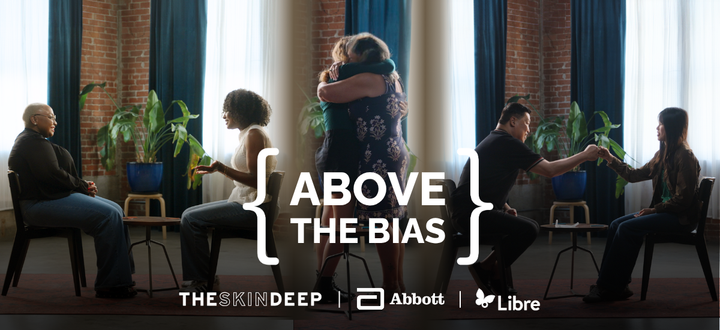
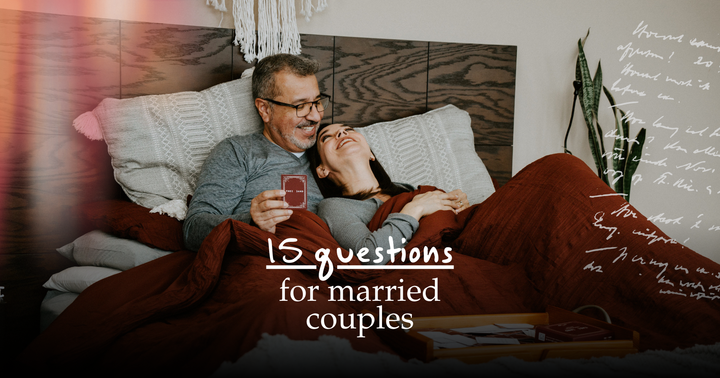
Comments ()